
UN: Israel should investigate the killing of more than 1,500 Palestinian civilians, one third of them children, during the war on the Gaza Strip in the summer of 2014. (Photo: Ma’an)
Geneva, 14 Jumadal Awwal 1436/5 March 2015 (MINA) – Israel should investigate the killing of more than 1,500 Palestinian civilians, one third of them children, during the war on the Gaza Strip in the summer of 2014, and should make the findings public, according to a report submitted Tuesday to the United Nations Human Rights Council.
The report was issued by Makarim Wibisono who has recently become UN Human Rights Council special rapporteur on human rights in the Palestinian territory. It was his first report since he replaced Richard Falk, Ma’an News Agency quoted by Mi’raj Islamic News Agency (MINA) as reporting.
In his report, Wibisono, a former Indonesian ambassador, said that 2,256 Palestinians were killed during the military confrontation in the Gaza Strip in July and August 2014 of whom 1,563 were civilians including 538 children. Israel, he added, says its army launched a military offensive in response to rockets fired from the Hamas-run coastal enclave at Israeli towns bordering the area. Sixty-six Israeli soldiers and five civilians were killed.
“The stark disparity in casualty figures on the two sides … reflects the (skewed) balance of power and the disproportionate cost borne by Palestinian civilians, raising questions as to whether Israel adhered to the international law principles of distinction, proportionality and precautions,” Wibisono said.
Also Read: UN Warns of Largest West Bank Displacement Since Start of Israeli Occupation
The report added that most victims “were families killed in missile strikes on their own homes, usually at night,” and not just “bystanders on the street in the wrong place at the wrong time.”
The findings were based on interviews Wibisono did with witnesses and victims in Amman and Cairo as well as video calls with victims in the Gaza Strip. He couldn’t make face-to-face interviews in Gaza because Israel denied him entry. (T/P010/P3)
Mi’raj Islamic News Agency (MINA)
Also Read: Israeli Army Chief Slams Netanyahu’s ‘Humanitarian City’ Plan for Gaza







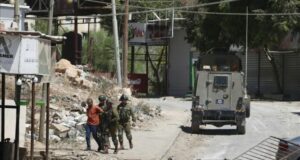
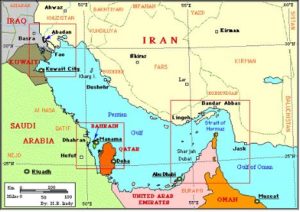
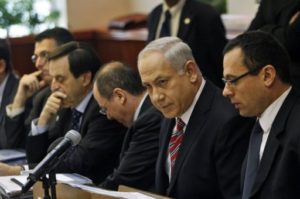
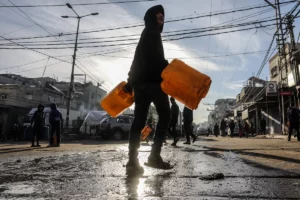
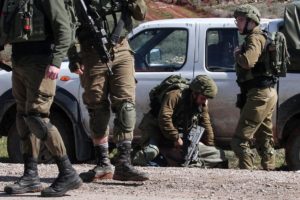
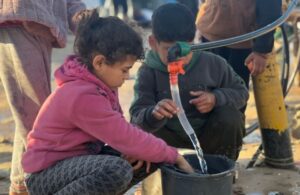
![Israeli tanks and APC’s gather by the Israeli – Lebanese border. Amid Israel’s escalating campaign against Hezbollah in Lebanon on September 30, 2024. [Erik Marmor/Getty Images]](https://en.minanews.net/wp-content/uploads/2024/10/IMG_20241001_203226-300x197.jpg)

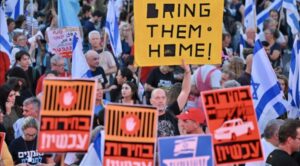
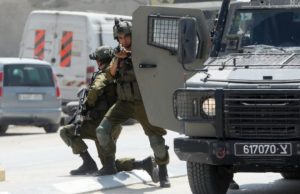
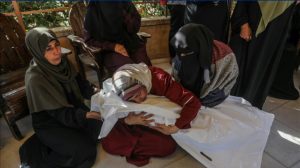
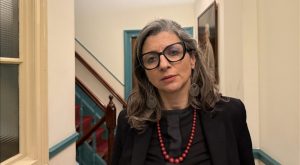
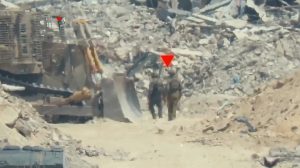






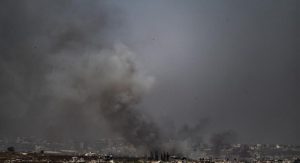



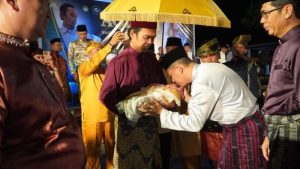
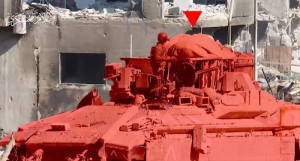



 Mina Indonesia
Mina Indonesia Mina Arabic
Mina Arabic